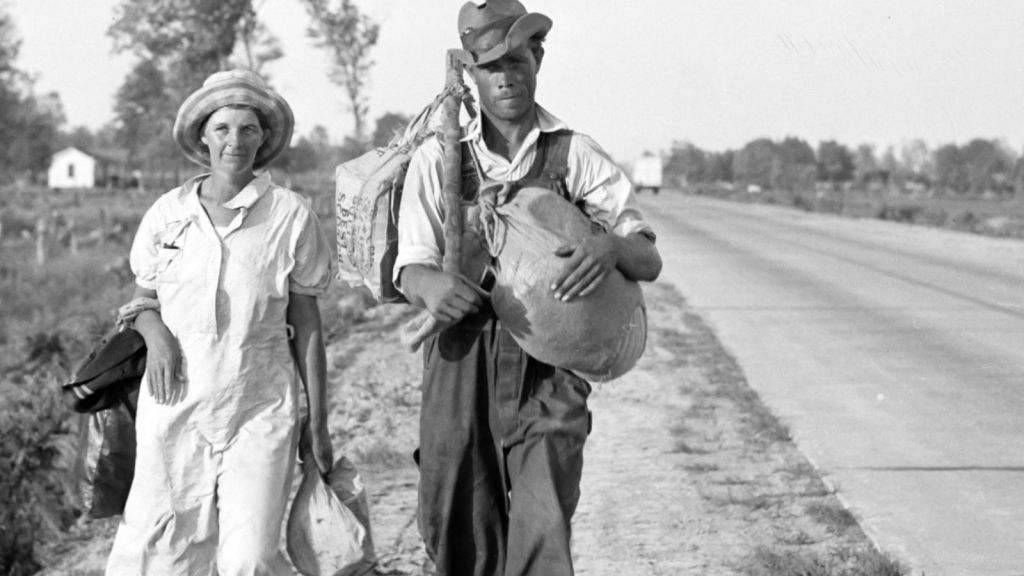“Unlocking the Secrets: How the Great Depression Rewrote Our Financial Mindset Forever”
8. The Fear of Economic Collapse


The trauma of widespread unemployment and financial ruin left a lasting fear of prolonged economic instability.
Even decades later, economic downturns trigger an almost instinctive response to cut spending and increase savings.
9. A Cultural Shift Toward Insurance


The Great Depression highlighted how unprepared most people were for emergencies, leading to a rise in life, health, and home insurance policies.
This focus on “just-in-case” planning continues to drive financial decisions, from creating wills to diversifying income streams.
10. Skepticism Toward Speculation


The stock market crash of 1929 taught people to be wary of get-rich-quick schemes and speculative investments.
This cautionary tale has influenced modern approaches to investing, favoring diversification and long-term growth over risky ventures.
11. Emphasis on Education


Many saw education as a pathway out of poverty during the Great Depression, prioritizing learning as a tool for upward financial mobility.
This belief in education’s transformative power persists, driving families to invest in schooling even in tough economic times.













